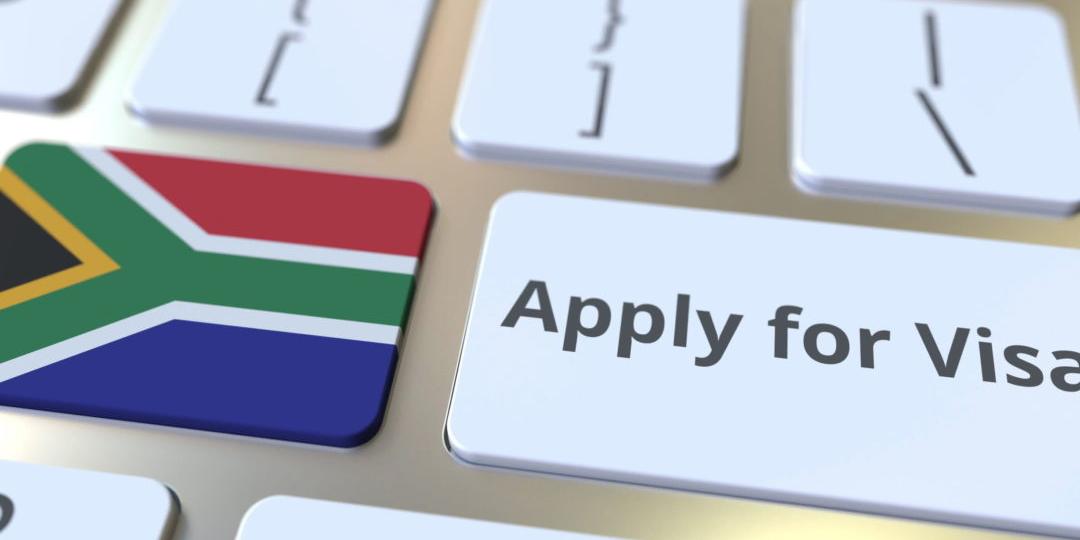The long-awaited implementation of South Africa’s e-visa programme has been, and will continue to be, a barrier to tourism growth. Government has outlined a way forward but timelines remain vague.
Amanda Mvinjelwa, Key Account Manager for airline and government agencies of Cape Town International Airport, gave Tourism Update’s sister publication, Travel News, the optimistic view that the Department of Home Affairs was working hard on fast tracking the e-visas, as they have now become essential. She says the airport has been in talks with the department and a roll-out could happen as soon as the end of this year.
“Cape Town International Airport is also awaiting terminal development in order to launch e-gates, which are associated with the e-visa solution,” adds Mvinjelwa.
The Democratic Alliance has been pushing to get e-visas up and running as soon as possible, as they are a cheaper, easier and more instant solution for tourists. DA Shadow Minister of Tourism, Manny de Freitas, says: “It’s looking a lot more hopeful than a few years back and it could finally happen soon.”
He strongly believes that e-visas will make South Africa a more attractive destination as they are an important factor in tourists’ decision-making.
“Logically, we should have automatic e-visas for countries that are peaceful and not a threat to us. Countries that are on an ‘e-visa compliant’ list,” says De Freitas.
DA MP, Adrian Roos, questions the government’s capability to implement the e-visa system but is adamant that the constant delays need to be sorted out.
“President Ramaphosa highlighted the importance of the e-visa system to tourism in his State of the Nation addresses (SONA) in February and June 2019. However, it was not mentioned in the February 2020 SONA and it has become clear that all is not well,” says Roos.
E-visas were initially supposed to be piloted by March 31, 2019, then April 2019 in New Zealand. Adrian says this was ‘mysteriously’ changed to November 2019 in Kenya with the rationale that New Zealand had been granted visa-free status.
The Kenya pilot of December 2019 was declared a success by the Department of Home Affairs and it subsequently announced that China, India and Nigeria would be included in the pilot projects.
More recently, SA Minister of Tourism, Mmamoloko Kubayi-Ngubane, visited India in January and announced that the e-visa system would be piloted in the same month.
However, this was pushed out following the COVID-19 pandemic. The Minister referred Travel News to Home Affairs following further queries about this.
“There is no evidence that these projects were fast-tracked and to date these pilots remain on hold. Five months after the announcement of the e-visa pilot in India we are still waiting and unfortunately no dates are on the table for when the remaining pilot projects or roll-out may take place,” says Roos.
The constant delays in the e-visa system, he explains, are related to a systems component and a support component. The systems component is affected by what Roos says is a lack of integration skills and challenges with implementation of various IT systems that have plagued Home Affairs over many years.
“But it is the support component that provides an equally significant cause for concern,” he says.























